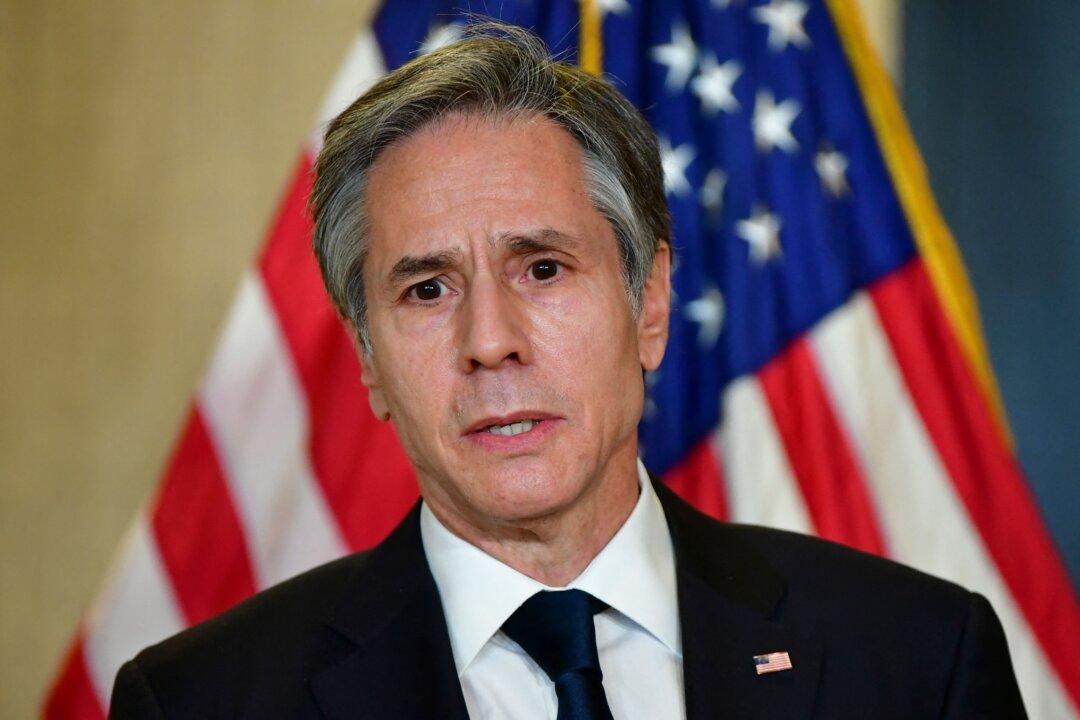Secretary of State Antony Blinken remained elusive when asked whether the United States will hold the Chinese regime accountable for how it handled the COVID-19 pandemic, saying the attention should be on preventing future pandemics.
“I think the issue for us is to make sure that we do everything possible to prevent another pandemic, even as we’re working through this one,” he said during an interview on CNN’s “State of the Union“ that aired on March 28.





